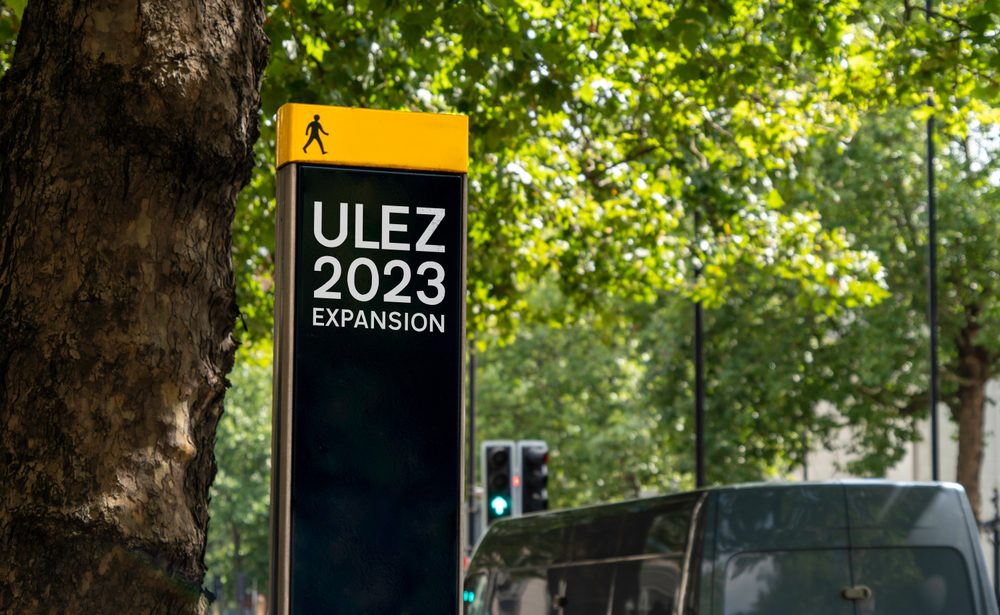
Perhaps the only surprise from last week’s by-elections—which happen when a seat in the House of Common becomes vacant between general elections—was that the Tories managed to hold a seat. The Conservative Party lost two areas that previously secured them comfortable majorities of about 20,000 votes. But despite haemorrhaging around 7,000 votes in Uxbridge and South Ruislip—the former constituency of Boris Johnson—the Conservatives were able to eke out a victory.
This result can be more suitably viewed as a Labour loss. It is broadly agreed that voters saw the election as an opportunity to protest against Labour Mayor Sadiq Khan’s expansion of the Ultra Low Emission Zone (ULEZ), a green policy that forces drivers with more polluting vehicles to pay daily charges of £12.50 (€14.51).
Ironically, ULEZ was originally drawn up by Mr. Johnson while he was mayor. Its expansion by Mr. Khan has been the focus of much controversy in recent weeks due to its impact on families and businesses during a cost-of-living crisis. The Conservative Party has used this issue to its advantage, even suggesting that its government should be handed powers to overturn the policy.
Prime Minister Rishi Sunak was jubilant when discussing the Uxbridge hold over the weekend, insisting that “Westminster’s been acting like the next election’s a done deal, the Labour party’s been acting like it’s a done deal [but] the people of Uxbridge just told all of them that it’s not.” This, however, assumes that ULEZ will continue to be a sticking point in next year’s national election.
Labour leader Sir Keir Starmer is working to ensure that it is not. He admitted over the weekend that his party must be doing something “very wrong” over the ULEZ policy to have failed to gain the seat. Though Mr. Khan himself appears unfazed, given his reported desire to push on with the green plan regardless.
Mr. Sunak’s declaration above also ignores the fact that voters often use lower-turnout by-elections to air their grievances over local issues, like ULEZ. General elections, on the other hand, tend to revolve around national issues and the health of the main political parties. On this front, the Tories are doing very badly, as we reported here, with last week’s votes doing very little to alter the state of play.
